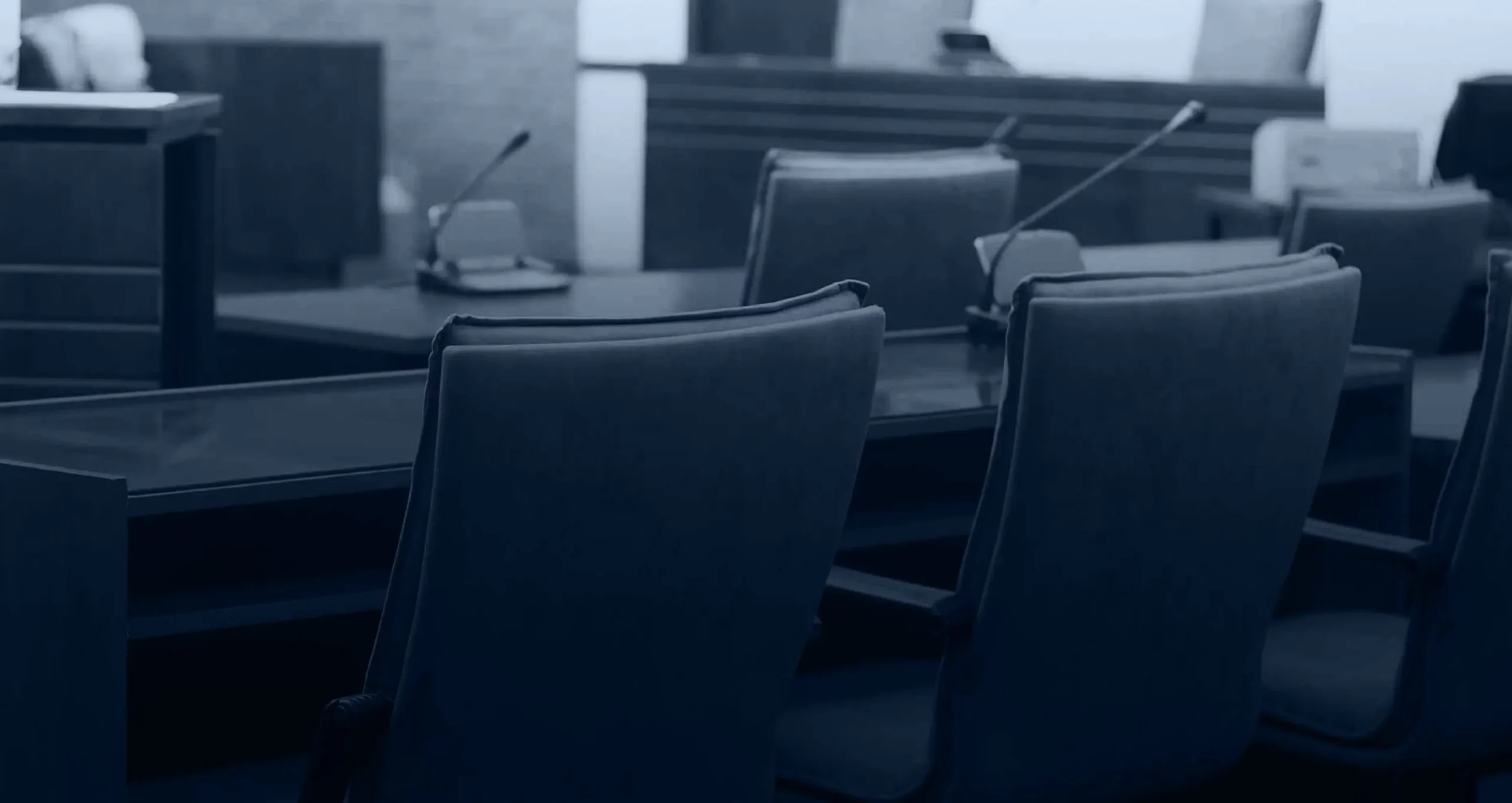
A competent adult can file a personal injury claim against the party who injured them.
However, a child (under 18) has no legal right to file a lawsuit. That doesn’t mean they are left without a remedy.
An adult can file a claim on their behalf.
Types of Personal Injury Claims Most Likely To Affect Children
Children tend to fall victim to some injuries more than others, such as:
- Birth injuries
- Bicycle accidents
- Burns
- Car accidents
- Choking
- Drowning
- Pedestrian accidents
- Dog bites
- Falls
- Playground injuries
- Poisoning
- School bus accidents
- Sports injuries
- Toy-related injuries
- Window blind cord strangulation
- Playground bullying
Of course, children are also subject to all of the same injuries that affect everyone else.
The Statute of Limitations Deadline for Children
Since a child cannot file a lawsuit in their own name until they turn 18, the general statute of limitations deadline expires on the child’s 20th birthday. There are exceptions to this rule, however, so consult with your lawyer.
The Appointment of a Guardian Ad Litem
You might not want to wait until your child turns 18 to seek compensation. When an adult files a personal injury claim on behalf of an injured child, the court will appoint a guardian ad litem to protect the child’s interests. The guardian ad litem is typically a parent.
Third-Party Guardian Ad Litem
Although courts like to appoint a child’s parent as guardian ad litem, under the following circumstances (to name just a few examples), the court might select a third party:
- Conflict of interest: The parent is the defendant, for example.
- Unfit parent: The parent is a domestic abuser or a drug addict, for instance.
- Unavailable parent: This might apply if the parent is in prison, serving in the military overseas, whereabouts unknown, seriously Ill, or mentally incompetent.
- Orphan: The child has no living parents.
If the minor is emancipated, they can sue in their own name with no guardian ad litem.
Special Case: The Attractive Nuisance Doctrine
Normally, a person injured by a dangerous condition on someone else’s property cannot sue the property owner if they were trespassing at the time of the injury.
In some cases, however, a trespassing child has a personal injury claim if the owner’s property included an attractive but dangerous feature, such as a swimming pool near a public sidewalk.
In such cases liability is determined on a case by case basis.
Lawyers and Child Clients
In addition to a guardian ad litem, the child should have a lawyer to represent their legal interests. The lawyer and the guardian ad litem cannot be the same person.
The lawyer represents the interests of the child even if they conflict with the interests of the child’s parents.
Wrongful Death Claims With Child Beneficiaries
If a child’s close relatives die due to the wrongful behavior of another, the executor of the deceased victim’s estate can file a wrongful death lawsuit. Part of this compensation will probably go to the child. The court may or may not appoint a guardian ad litem and/or a lawyer for the child.
Financial Management of Compensation for Child Beneficiaries
Courts consider various measures to protect compensation that a child receives from a personal injury or wrongful death settlement or verdict, These include:
- Structured settlements, where the money is distributed partially and periodically rather than in lump sum
- Appointment of a guardian of the estate, who is responsible for managing the money in accordance with the child’s best interests
- Restricted bank accounts that require court approval for withdrawal
- Reporting requirements to hold the responsible party accountable
- A trust set up on behalf of the child
The child’s access to the funds may be subject to restrictions that continue past the child’s 18th birthday.
Settlements and Court Approval
The great majority of personal injury and wrongful death cases are resolved at the settlement table, not in court. In some cases, the action begins in court and ends at the settlement table.
If a child stands to receive compensation, however, the parties must seek and obtain court approval to ensure that the deal is fair to the child. The court might then appoint a guardian ad litem to review the deal and make a recommendation to the court.
The court might hold a hearing. It will then apply one of the above-described financial management methods to ensure the protection of the child’s best interests.
Contact an Experienced Chicago Personal Injury Lawyer ASAP
If your child has suffered an injury because of someone else’s misconduct, or stands to receive money from a wrongful death lawsuit, contact us and schedule a free initial consultation with a seasoned Chicago personal injury lawyer from Zayed Law Offices Personal Injury Attorneys at your earliest convenience.
Remember that most personal injury lawyers work on a contingency fee basis, meaning that you only pay attorney’s fees if you win, call us today at (312) 726-1616





